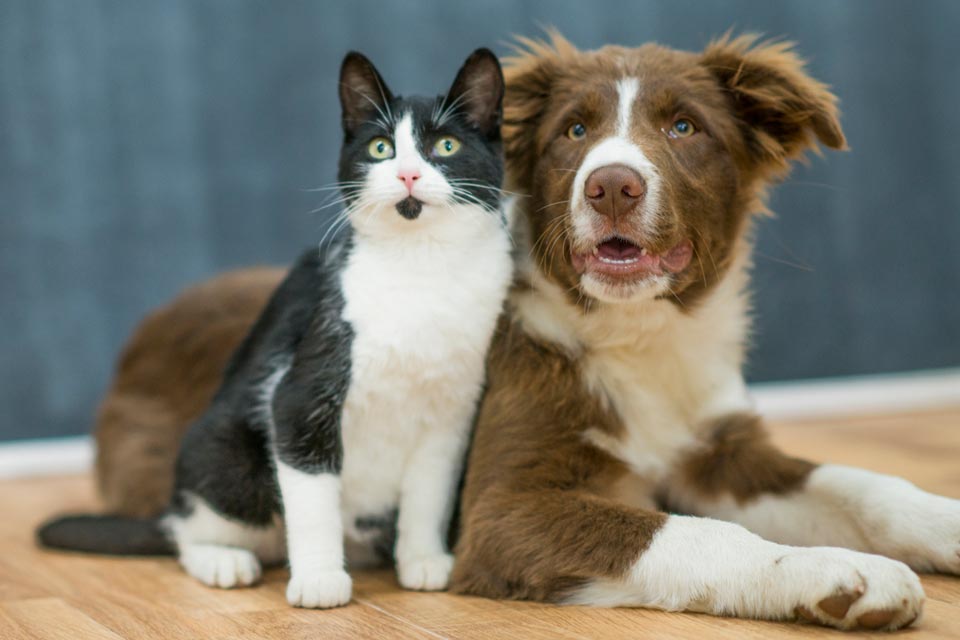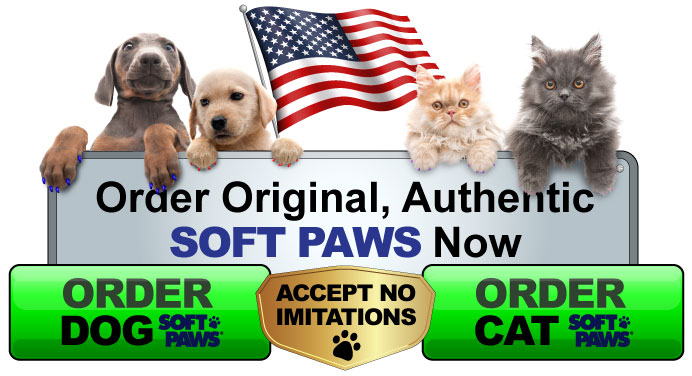- Home
- Common Household Poisonings in Pets

Common Household Poisonings in Pets

There are dozens of things in a home that can be dangerous for pets. They can be curious and mischievous, and they can get into things we don't expect them to. It's crucial that you know what household items can be dangerous so you can take steps to ensure that your pets can't get to them. This list is not exhaustive, but it does include many of the most common household items to poison pets every year.
Medications
Medications are among the top culprits for poisoning pets. This includes over-the-counter, prescription, human, and pet medicines. It even includes cases where a well-meaning person gives a pet a medication to try and treat a problem at home. Dogs and cats can be poisoned by medications that are generally safe for humans. For instance, Tylenol is toxic to pets, especially cats, in whom even tiny doses can be fatal.
Keep all medications, both your pets' and your human family's, locked up out of reach of your pets. When you are getting medication out of a bottle, do so over a counter or sink to minimize the chances that one will fall on the ground and be gobbled up by a pet that thinks it's a treat.
Never give your pet any medications without talking to your veterinarian first. Don't trust the internet to tell you which medications are safe for pets and at what dosages. Even medications that are considered generally safe might not be for specific individuals due to the presence of medical conditions or other medications being given simultaneously.
Household Cleaners
Most household cleaners are toxic to pets if ingested and many can cause skin damage if a pet comes into contact with them. Keep all cleaners locked up where your pet can't get to them.
Not only that, but take care when you are using the chemicals that your pet isn't able to knock over a bucket containing them or walk through an area where they've been used and not rinsed off. When pets get a foreign substance on their skin or fur, they usually lick it off, and that can result in poisoning.
Laundry Pods
Laundry and dishwashing detergent pods are popular because they're easy for people to use and eliminate messy jugs full of liquid that must be poured. The detergent inside the pods is quite concentrated, and it's under pressure. When a pet's tooth penetrates one, the contents shoot out. Pets (and children) are often surprised by that and inhale sharply, carrying detergent into their lungs. The result is dangerous aspiration pneumonia.
Detergent pods must be kept where pets can't get to them. They can be appealing because they look like small toys, and pets are often tempted to pick them up and play with them. It's critical that your pet not have access to them.
Plants
Many plants are toxic to pets. Not only do you need to be sure that none of the plants in your home are dangerous, but if your pet goes outside, you also need to be know whether there are toxic plants in your yard. You can check out this list of plants toxic to pets here: "Poisonous Plants."
Garage Chemicals
A garage is a place where chemicals are often stored. From antifreeze to fertilizer to harsh cleaners to paint, there can be many dangers lurking in garages for pets. It's best if you keep your pet out of the garage. If you can't, then keep all chemicals out of reach.
Rodenticides
Mouse and rat poison is also poisonous to dogs and cats. There are several types of these products that work in different ways, and all of them can kill dogs and cats as easily as they do rodents. The most common type of rodenticide uses warfarin to kill mice and rats because it disrupts the animal's blood clotting mechanisms and causes them to bleed to death internally.
Pets can be poisoned by rodenticides by eating them directly or by eating a rodent that's been poisoned by them. Don't use rodenticides in or around your home, and consider talking with your neighbors about their dangers, too.
Insecticides
Many insecticides are toxic to pets. If you use chemicals to kill insects in or around your home, be sure you know what they are, whether they're toxic to pets, and how long to keep your pets away from an area after you've sprayed it.
Another thing to keep in mind is that some insecticides used on dogs are extremely toxic to cats. Check with your veterinarian before using any flea, tick, or heartworm preventative on your pet, and never use a product labeled for dogs on your cat.
Human Foods
Many foods that are perfectly safe for people to eat are toxic for pets. For example, chocolate, garlic, and onions can be toxic to cats and dogs. Dogs can be poisoned by grapes and raisins, alcohol is toxic to pets, and xylitol, a sweetener that is present in a wide variety of human products, can poison pets quickly.
Getting into the garbage and eating some can be quite dangerous for pets. Bones, fatty foods, mold from rotting food, and food packaging can all cause serious health problems for dogs and cats. Keep your trash can secured so your pet can't raid it.
What to Do If Your Pet Gets into Something Toxic
If you know or suspect that your pet has eaten something toxic, call your regular veterinarian, a local emergency veterinary clinic, or the Pet Poison Helpline at 855-764-7661 immediately. If at all possible, have the packaging of the item available and be ready to answer questions about your pet's weight and other medical conditions.

 Loading... Please wait...
Loading... Please wait...




